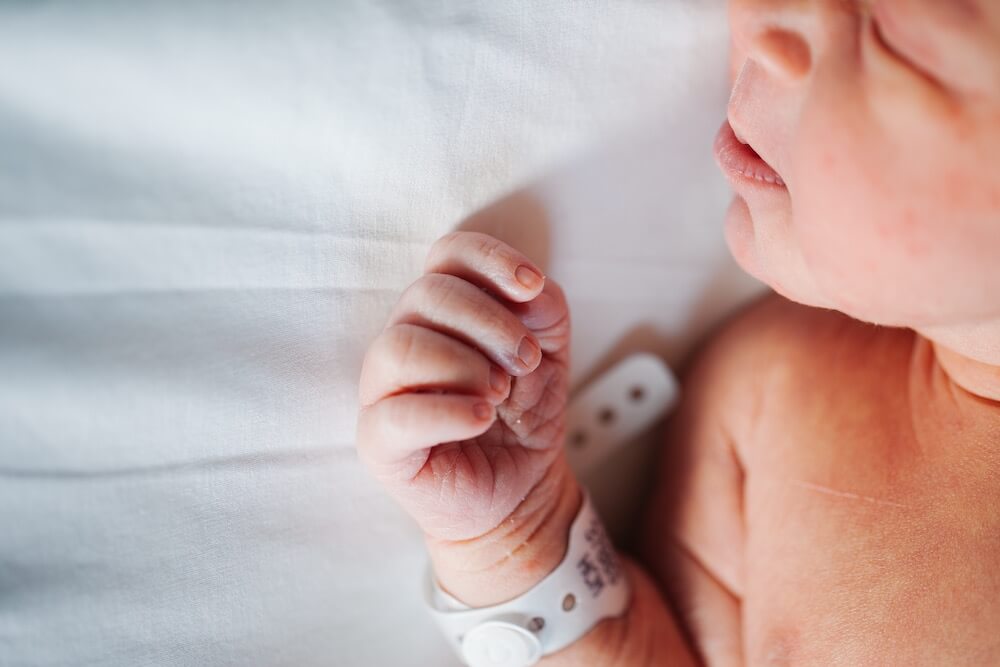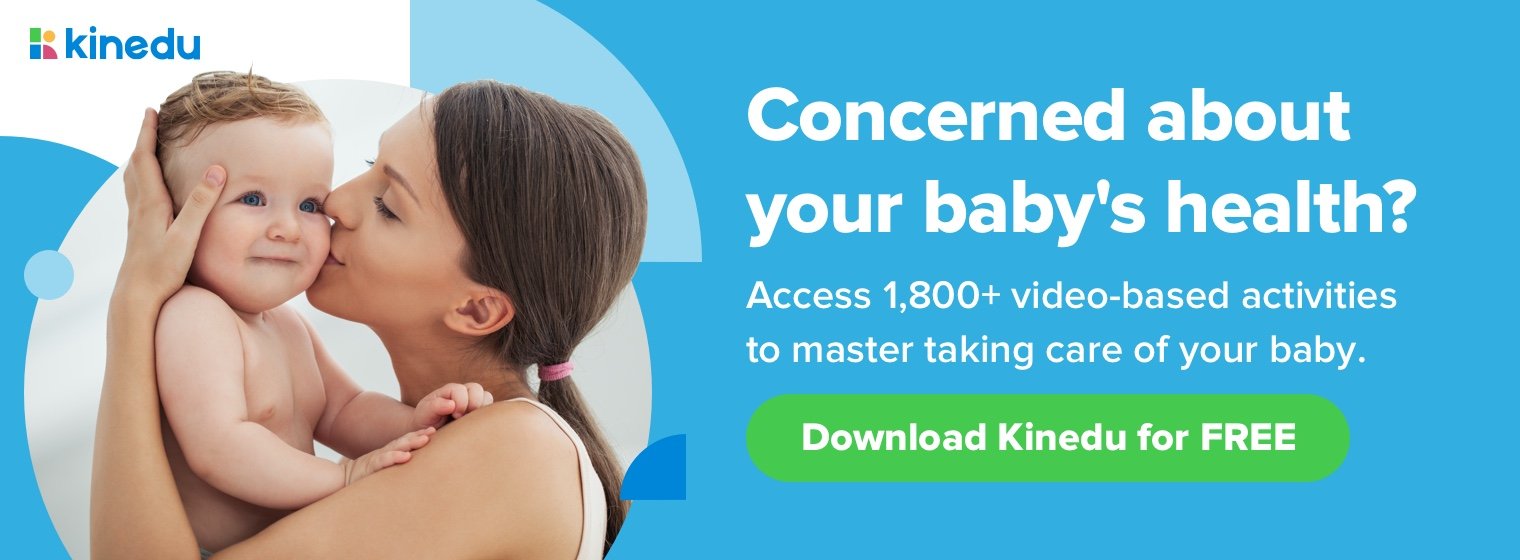The birth of a baby is a moment of great emotion and joy for parents and, at the same time, a period of responsibility for health professionals. The care provided to the newborn is essential to guarantee their well-being and health throughout their life. In this article, we will explore newborn care immediately after birth, as well as the essential care of a baby in the hospital environment. This care is essential to ensure a safe and healthy transition to life outside the womb.
Newborn Care Immediately After Birth
Immediate care is provided in the first minutes and hours after the baby is born. This newborn care immediately after birth is crucial to evaluate the baby’s health and ensure that they adapt properly to their new environment. The highlights of this care are described below:
Download Kinedu and access expert classes on sleep, routines, newborn health and more!
1. Apgar Evaluation
When a baby is born, they are evaluated with the Apgar scale, which is performed 1 and 5 minutes after birth. The Apgar score is a quick way to assess the condition of a newborn. Five aspects are considered: heart rate, respiratory effort, muscle tone, reflex irritability and skin color. Each aspect is scored from 0 to 2, and the maximum total score is 10. A high score indicates successful adaptation to life outside the womb.
2. Keep Baby Warm and Dry
It is essential to keep the newborn warm and dry to prevent heat loss and hypothermia. This is accomplished by carefully drying the baby and placing them in a warming crib with a radiant heat source. In addition, a cap is placed on the baby to minimize heat loss through the head, which is extremely important.
3. Airway Aspiration
If the baby is born with secretions in the airways or shows signs of respiratory distress, the airways are cleaned to ensure that the baby can breathe properly.
4. Identification and Maternal-Child Bond
The nurse is responsible for identifying the newborn and their mother, using approved bracelets on the wrist and heel. Promoting the bond between mother and baby is essential. Immediate skin-to-skin contact is recommended, which facilitates breastfeeding and strengthens the emotional bond between both mom and baby.
Intermediate and Essential Newborn Care
Intermediate newborn care is that which is provided in the hours and days after delivery, before the baby is discharged from the hospital. This care is equally important and ensures that the baby is ready to face the challenges of life at home. The highlights of this care are described below:
1. Ophthalmic and Vitamin K Prophylaxis
Antibiotic ointment is applied to the newborn’s eyes to prevent ophthalmia neonatorum, an eye infection. Additionally, a dose of vitamin K is administered intramuscularly to prevent hemorrhagic disease of the newborn.
2. Neonatal Screenings
Newborn screenings are important tests performed to detect potentially serious medical conditions in the newborn. These include early detection of hearing loss and screening for inborn metabolism issues.
The heel test is a fundamental part of these screenings, since it allows medical professionals to detect congenital metabolic diseases such as hypothyroidism, adrenal hyperplasia and other pathologies.
3. Newborn Health Check
During the hospital stay, the baby’s health is monitored, including their temperature, heart rate, and respiratory rate. Measurements such as height, weight and head circumference are taken to evaluate their growth and development.
4. Promote Breastfeeding
Hospital staff play a fundamental role in promoting breastfeeding. Mothers are supported to establish successful breastfeeding from the beginning. Breastfeeding is essential for optimal nutrition and development.
5. Parent Education
Parents are educated about the care and needs of their newborn, as well as the warning signs they should be aware of. It is important that parents feel prepared to care for their baby at home.
6. Prevention of Complications
Medical staff is also responsible for preventing and detecting possible complications in the newborn, such as neonatal jaundice, skin infections, conjunctivitis and other common conditions in babies. Careful monitoring is essential to address these issues in time.
Hospital Discharge
Hospital discharge is the time when the newborn and mother are ready to leave the hospital and return home. Before the baby is discharged, all the necessary care is carried out to ensure the baby’s health and well-being. The length of the hospital stay may vary depending on individual circumstances, but it is important that mother and baby leave together whenever possible.
During the hospital stay, the baby’s physiological habits, such as urination and bowel movements, are evaluated and common neonatal problems, such as jaundice, are monitored. The nurses ensure that the mother recovers adequately from any procedures or interventions she had during childbirth.
It is essential that the mother and baby do not separate and that they leave the maternity ward together. This promotes attachment and guarantees the continuity of care at home.
Conclusion
The newborn care immediately after birth, as well as the essential newborn care, plays a fundamental role in the baby’s health and well-being. Medical staff play a crucial role in providing this care, ensuring that the baby adapts well to life outside the womb and is ready to face the growth and development challenges that await them.
Early detection of problems and prevention of complications are key aspects of neonatal care. Parent education and encouraging breastfeeding are equally important for the baby’s future. In summary, newborn care is essential to provide a healthy start in life.
To learn more about newborn health and development, be sure to download the Kinedu app and access expert classes on these and other topics relevant to moms and dads!








